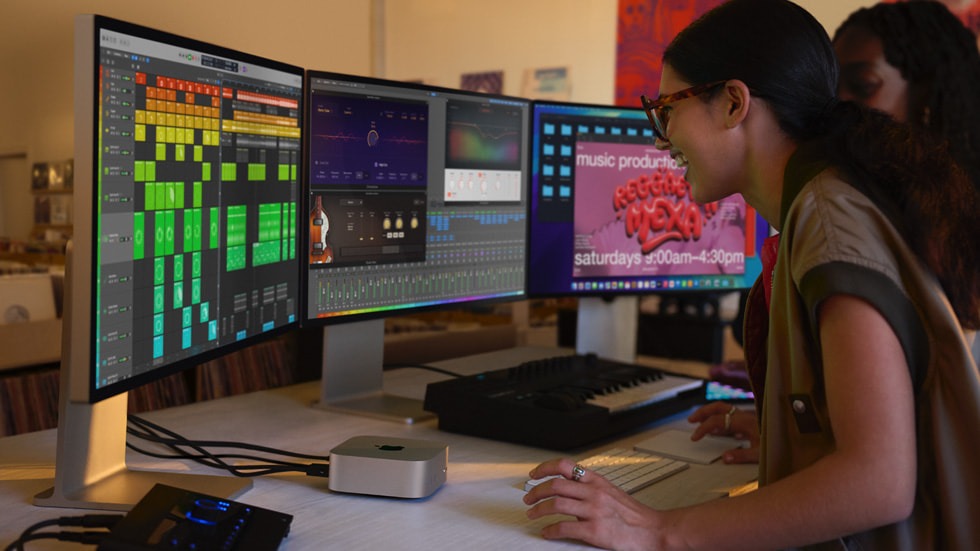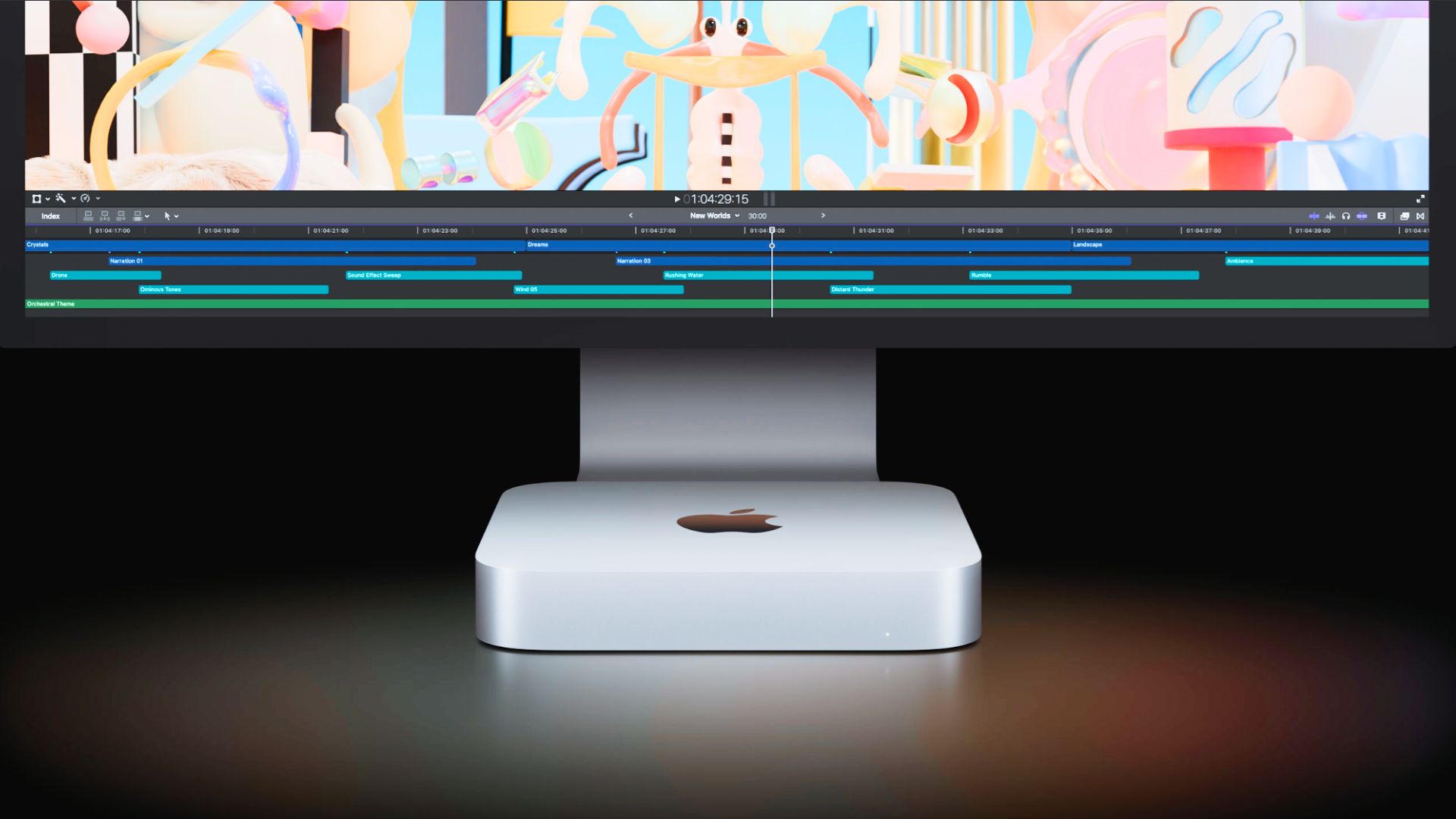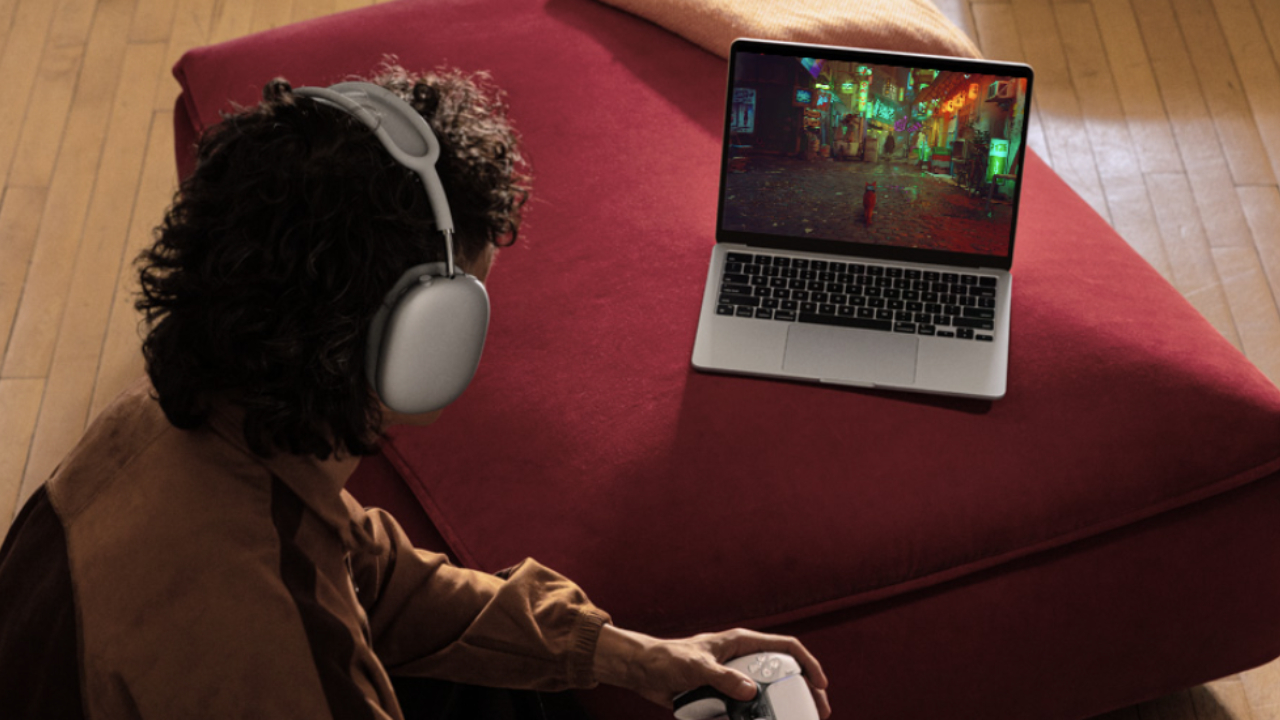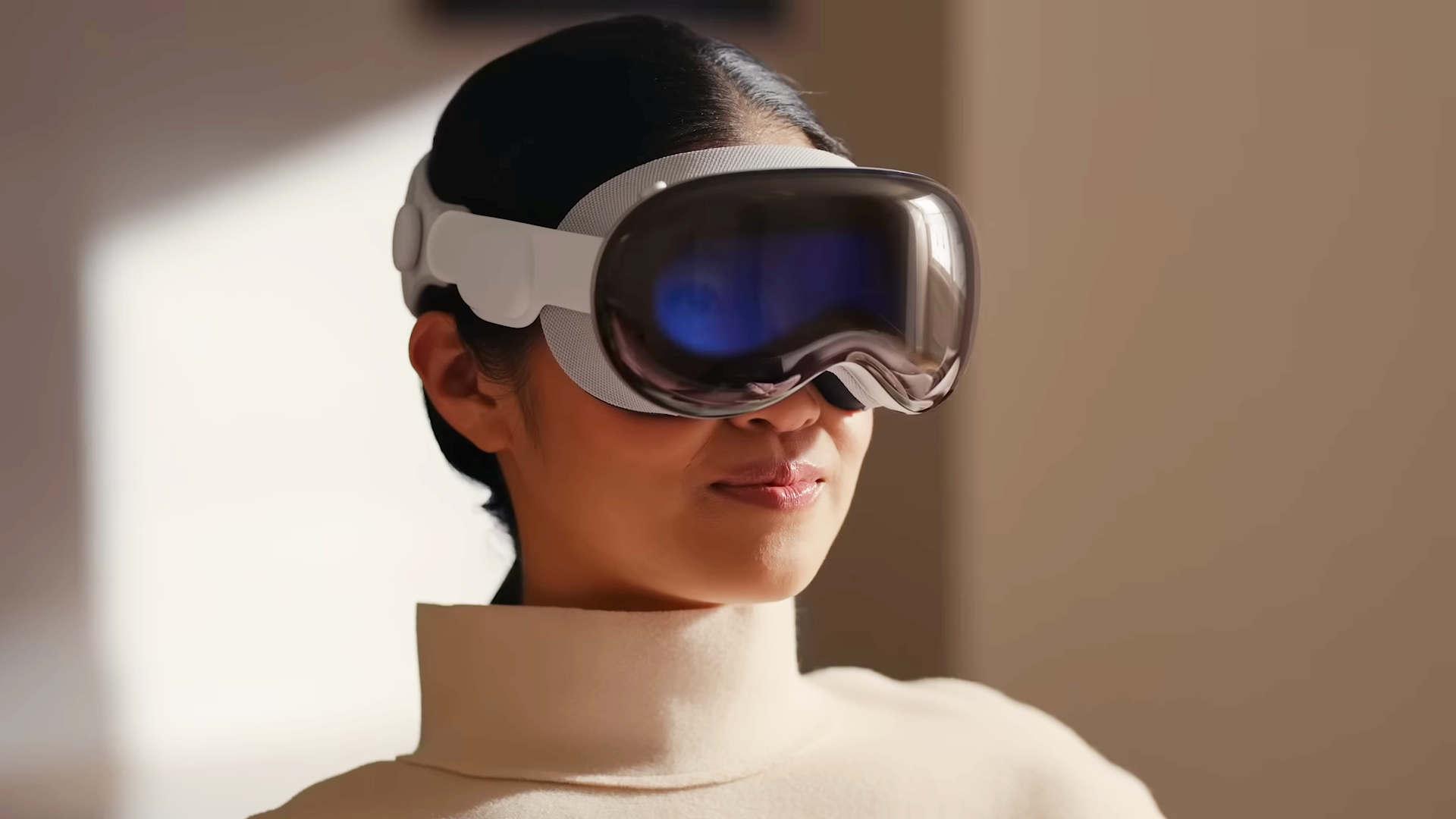The Mac mini might be the game console Apple needs — but there's one major problem
Can the M4 Mac mini be a gaming PC? Maybe not... yet

While macOS is the second most popular PC operating system, its reputation for gaming leaves something to be desired.
Even after the major performance improvements on Mac with Apple silicon, gamers still overwhelmingly flock to Windows. Every year, Apple emphasizes how much gaming performance its latest M-series chip offers, but this has made little difference to most serious gamers.
Last week, however, Apple launched a powerful new version of the Mac mini as part of its M4 Mac week. Due to its small size and relatively affordable price, the M4 Mac mini has all the potential to change Apple's relation to gaming — the mini desktop starts at $599 and includes the new M4 chip (or M4 Pro), a minimum of 16GB of RAM, and 256GB of storage. That's on par with the starting price of a PS5 or Xbox Series X.
And while the Mac mini has the hardware for a good gaming experience, it's still missing one major piece.
Can the M4 Mac mini be a gaming PC? Maybe not — yet

On Sunday, Bloomberg's Mark Gurman claimed the new M4 Mac mini could be Apple's game console — or, at least it could point the way toward Apple's future in gaming.
The M4 Mac mini is certainly impressive. As rumors predicted, it's incredibly small and scaled down significantly from the previous version. The M4 chip is powerful enough to compete with the latest processors from Intel and AMD and run AAA games, complete with ray tracing. The M4 Mac mini also has a price tag that's competitive with an Xbox or PlayStation.
However, despite all of that, I don't think the Mac mini is any rival for a game console or a gaming PC.
Stay in the know with Laptop Mag
Get our in-depth reviews, helpful tips, great deals, and the biggest news stories delivered to your inbox.
Hardware may have been the main factor holding Apple back in gaming before it launched its M-series chips, but that's no longer the case. M-series chips are capable of ray tracing and plenty powerful enough to run most of the same games Windows PCs can run.
The main factor preventing the Mac mini from being an affordable, powerful gaming device isn't hardware. It's the lack of games compatible with macOS. The question is, why are there so few games available on Mac compared to Windows?
Why are there fewer games on Mac than Windows?

At the time of writing, four out of the top five most played games on Steam (by current players) are not compatible with macOS:
- Counter-Strike 2
- Banana
- Call of Duty
- PUBG: Battlegrounds
While gaming on macOS has improved with the M-series chips, the reality is that there are simply far more games compatible with Windows than Mac. If Apple ever wants to have a future in gaming, that needs to change.
The question is, why aren't there more games on Mac? Why has the PC gaming industry overwhelmingly turned to Windows?
Most game developers prioritize Windows over Mac because, as of 2024, Windows is overwhelmingly the most popular PC operating system. It commands a 73% market share while only 15.5% of users are on macOS (OS X).
So, on one level it's simply a matter of return on investment. Developing games is expensive and time-consuming, so it makes sense that the majority of developers prioritize the operating system with the most potential for profit.
However, the issue goes deeper than that. After all, it's common for games to come out on PC and consoles simultaneously (or one shortly after the other). So, why not simply port a finished Windows or console game over to macOS?
That's the crux of the issue and the part Apple needs to address if it wants any chance of success in gaming. Apple's current system requires game developers to jump through hoops to get their games on macOS, such as paying for an Apple Developer ID, getting the app notarized by Apple, and developing it using Apple's XCode software. Since XCode only runs on macOS, these requirements can also force developers to buy a Mac themselves, as many game devs have bemoaned on social media.
Many independent game developers and small studios simply cannot afford to purchase pricey Apple laptops and software and take the extra time to rebuild their games in Apple's ecosystem, especially since the smaller macOS market share means game developers will get little money back for their extra effort.
Does Apple have a future in gaming?
Apple has made attempts in the last couple of years to tempt more developers over to macOS. For instance, its Game Porting Toolkit got an update at WWDC 2024, which is designed to make it easier to port games from Windows and consoles over to Mac.
However, Apple still seems to expect game developers to develop for its devices first and foremost which isn't exactly fair given the current gaming market and the massive player base on Windows.
The reality is that Apple isn't currently seen as a viable gaming platform, regardless of how powerful its hardware is. The developers aren't on macOS because the players aren't there and the players aren't there because the developers aren't. For that to change, Apple has to make the game porting process significantly easier for developers so Apple can drastically grow its Mac game library.
Once its library is similar in scale to the Windows library, more gamers may start choosing Apple tech. At this point, it's more a matter of changing the perception around the Mac and gaming on macOS. The hardware is there, but the players and developers aren't — yet.
Can Apple use its marketing mastery to convince users to take macOS seriously as a gaming platform? Only time will tell, but for the sake of Mac users, I hope the Mac mini can move the needle.
More from Laptop Mag

Stevie Bonifield is a freelance tech journalist who has written for PC Gamer, Tom's Guide, and Laptop Mag on everything from gaming to smartwatches. Outside of writing, Stevie loves indie games, TTRPGs, and building way too many custom keyboards.
